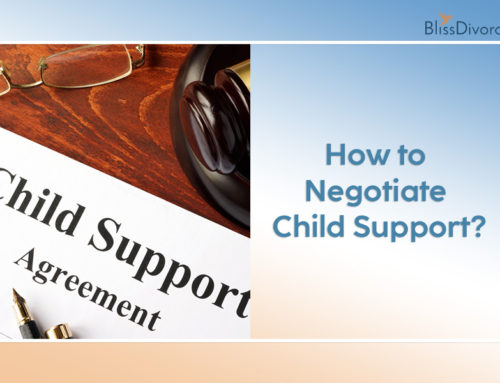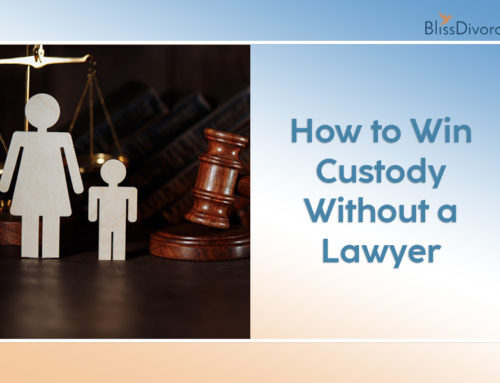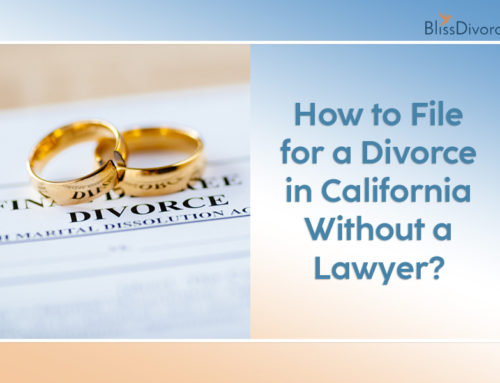Most mental health experts agree that children whose parents divorce while they are young seem to adapt to the divorce much better. After all, their “normal” is growing up with parents who live apart.
Compare that to a child who grows up in an intact household, only to learn one day that the home environment they have known their whole life is about to change.
A judge once chastised a father for moving another woman into the marital home after the wife left, but before the divorce was finalized. He told the father that he should view things from the child’s perspective: the child’s entire empire has fallen. The father just made it worse by installing a new emperor. If the “new emperor” enters early in a child’s life, it may be less disruptive – the child may grow up knowing that mommy and step-daddy live in one place while daddy and step-mommy live somewhere else.
Whether you should wait to divorce until the children are older depends on what the other option is. How bad is the environment at home if you wait to divorce? Will it be better or worse for the children, given their current situation? This may well be a question not just for your therapist, but for your child’s therapist.
Many parents have experienced hesitation in moving forward because they feared it would harm their children. Yet when it was over, those same children asked their parents what took them so long. Children know when their parents are unhappy, and children want their parents to be happy. Yes, they generally want them to stay together, but only if they can do it happily.
Listen to what your children are telling you. Do not ask a child if they want their parents to divorce. Instead, watch, observe, and listen to them. They may give you signs, or they may even tell you how they feel.
If you consider your actions and decisions carefully and accept input from those who care and those who have the experience (like a family therapist), you should feel like you have done what you could to ensure the best for your child.
*This article is for informational purposes only and is not intended to provide legal advice. If you require legal advice, please contact a licensed attorney in your local area.




